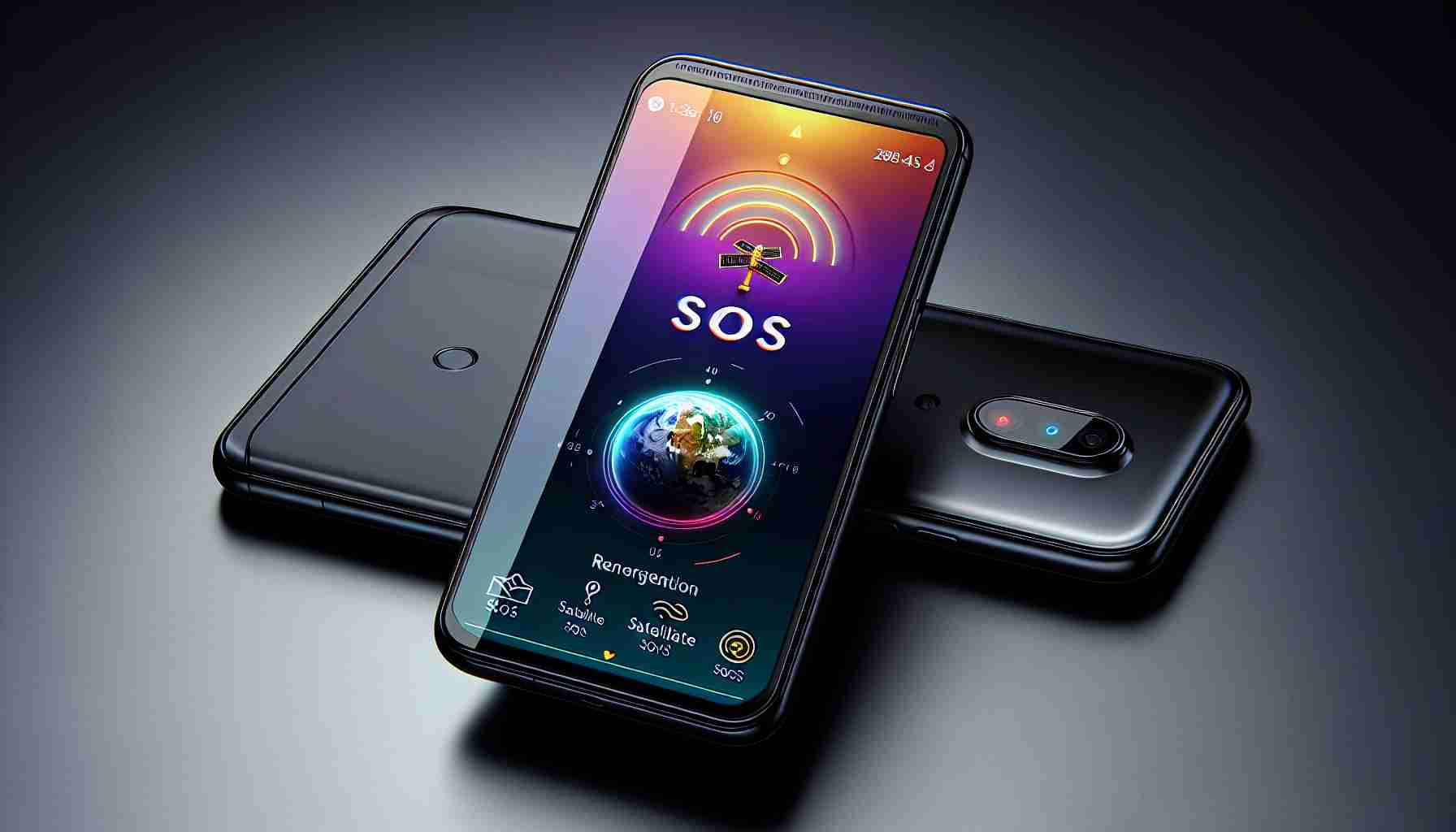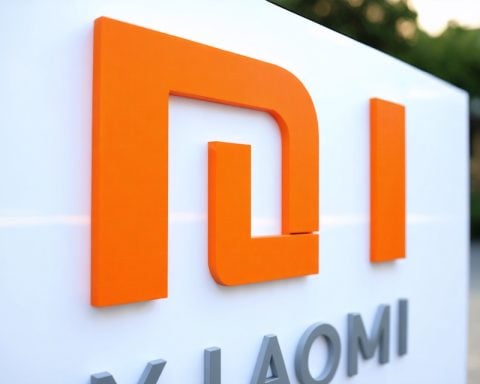A groundbreaking advancement has hit the smartphone market as a new Android device introduces the innovative “Satellite SOS” capability, enabling users to make emergency contacts and share their location via satellite connectivity when regular services are unavailable.
Unlike traditional smartphones, this new Pixel 9 series device from Google is equipped with the Satellite SOS feature, setting a new standard for emergency communication in the tech industry.
Reports from Google confirm that the Pixel 9 will be the first to offer this feature in the United States, with the added benefit of being accessible across various carrier plans at no extra cost for the initial two years post-activation.
While the Pixel 9 leads the pack with this cutting-edge technology, the timeline for its implementation on other Android devices remains uncertain, leaving users outside the US in anticipation of when they can also benefit from this life-saving feature.
This significant milestone not only showcases the continuous evolution of smartphone capabilities but also highlights the potential for future developments that prioritize user safety and connectivity in all corners of the globe.
Introducing Next-Generation Communication: Android Smartphone with Satellite SOS Feature
A groundbreaking advancement has taken the smartphone world by storm with the introduction of an Android device that boasts an innovative “Satellite SOS” capability. This unique feature allows users to reach out for emergency assistance and share their precise location through satellite connectivity in situations where regular communication services are not available.
What are the Key Advantages of the Pixel 9 Series Smartphone with Satellite SOS Feature?
– The Pixel 9 series device from Google heralds a new era in emergency communication by offering the Satellite SOS feature.
– Users can make emergency contacts and share their location via satellite when regular networks fail, ensuring help is always within reach.
– The feature is set to be accessible across various carrier plans in the United States at no additional cost for the first two years after activation.
– By incorporating satellite connectivity, this Android smartphone provides a crucial lifeline in remote areas or during natural disasters where traditional networks may be compromised.
What are the Key Challenges and Controversies Associated with Satellite SOS Technology?
– While the Pixel 9 leads the charge in implementing this cutting-edge technology, the timeline for its availability on other Android devices remains uncertain.
– Users outside the US are eagerly awaiting the expansion of this life-saving feature to a wider global audience.
– There may be concerns regarding the privacy and security implications of utilizing satellite connectivity for emergency communication, highlighting the need for robust safeguards and encryption measures.
Advantages and Disadvantages of Android Smartphones with Satellite SOS Feature
– Advantages:
– Enhanced safety and peace of mind for users, especially in remote or high-risk environments.
– Ability to send precise location data during emergencies, expediting response times for rescue operations.
– Offers a robust backup communication option when traditional networks are unavailable.
– Disadvantages:
– Possible limitations in areas with poor satellite coverage, potentially hindering the effectiveness of the SOS feature.
– Integration of satellite technology may lead to increased device costs, which could impact accessibility for some users.
– Concerns about the dependency on satellite networks for emergency communication, necessitating backup plans in case of technical failure.
This significant leap in smartphone technology underscores the continuous evolution towards prioritizing user safety and connectivity across the globe. As the tech industry embraces innovations like the Satellite SOS feature, the potential for further advancements in enhancing emergency communication capabilities is boundless.
For more information on cutting-edge smartphone features and innovations, visit Android.























